Over the weekend, I followed through on one of (if not) the greatest decisions I’ve ever made. I married my best friend and the person who has positively impacted my life in countless ways.
In general, I don’t “make much” of any decision I make. I take in the information I need, process it quickly, and then decide. I rarely sweat the consequences because I’ve learned that everything usually turns out well in the end. If it hasn’t turned out well, then it just hasn’t ended yet.
That philosophy can be applied to many decisions you make, although I do recommend more rigor when applying it to whom and when you should marry. I hope you get my gist for illustrative purposes.
Leading up to my wedding, I started thinking about decisions people make in their lives, the logic they use, and all the other influences that make it difficult to choose wisely. When I start thinking, it usually means a blog post will follow.
I thought it’d be fun to highlight some interference we all deal with daily thanks to our historical paths and perceptions of what we consider “reality.”
Confirmation Bias
Do you seek friends, newspapers, television shows and other external sources that always agree with you? Do you seek information until you find something that tells you what you want to hear? Every-day-humans like you and I do this often. Sadly, scientists and doctors do it too.
Your fix: Seek alternate viewpoints. If you can’t find them, look at whatever you’re considering and simply think the opposite. Keep investigating and reviewing it until it possibly has merit.
Monte Carlo Bias
This one is known by many names including the Gambler’s Fallacy, Maturity of Chances Fallacy, or the Logical Fallacy. Why do you think the quarter is more likely to rest on tails if the four previous times showed heads? I don’t know either. It’s always 50%/50%. Always. History has no correlation.
Your fix: Don’t think of outcomes in terms of groups. You thought tails because you looked at five flips as a group. Think in terms of individual situations. Every flip is one isolated toss. If I considered my marriage to be part of all marriages in the universe with its lofty divorce rate of over 50%, I wouldn’t have gotten married. I considered my marriage one of one. Silly analogy, but true.
Status-Quo Bias
Do you wonder why things don’t change much in your life? If that’s the case, you likely have a strong preference for your current situation. More importantly, however, is that your view of change is typically negative in relation to your current situation. You also think that any change is a loss of what you currently have instead of a change for the better. I see this often with people who are changing jobs. Even though they might be moving toward a better situation, they still are heavily focused on what they’re losing.
Your fix: Look forward. Last time I checked life doesn’t move in reverse—no matter how many wrinkle lines you want to remove.
Endowment Effect
This is one of my favorites and anyone who has attempted to trade in a vehicle or sell it via the classifieds will get a chuckle. Why do you consider anything you already own more valuable than anyone else would consider it? Do you have sentimental attachments to items in your home? Did you build the fence that encloses your beautiful backyard? You will value these things more because you have memories, love of labor, and a host of other expensive emotions that increase the value to you.
Your fix: This one is a bit tough, but you need to remove your emotional attachment or rechannel it. First, ask yourself, “If I didn’t already own this, what would I be willing to pay?” Second, think in terms of the future enjoyment others will have whenever you sell or give something away. This requires some selflessness, but most people are good-hearted and this surprisingly works well.
Negativity Bias
Have you ever watched the news? Why do people pay more attention to negative or bad news than they will good news? Bad news is easier to believe than good news. People are generally suspicious. They also think that bad news is more important. Sad. But true.
Your fix: Turn off the television for one week. Don’t read a newspaper. And, whatever you do, don’t click on any negative articles you see on your Facebook or Twitter feeds. Call me in a week and tell me how you feel.
Sunk Cost Bias
Are you unable to leave a theatre twenty minutes into a movie you already hate? Do you need to finish that book you don’t like simply because you started it? Have you ever kept wearing a piece of clothing you didn’t like because you paid $100 for it? Congratulations, you’ve been infected by the sunk cost bias. The debt has been paid and you’ll never get it back. The only thing worse that paying $15 for a movie you don’t like is spending another one hundred minutes of your life watching it.
Your fix: Recognize that every moment in your life you have a choice. Ask yourself this question, “Knowing what I know now, do I want to continue?” Remember, when you bought the tickets for the show, you didn’t know what to expect. Every minute of your life, you have more information that you had the minute before. Use it.
As always, I’d love to hear from you: What are your toughest biases to overcome?


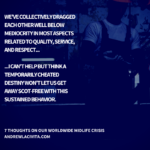
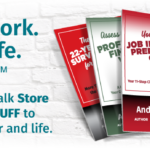
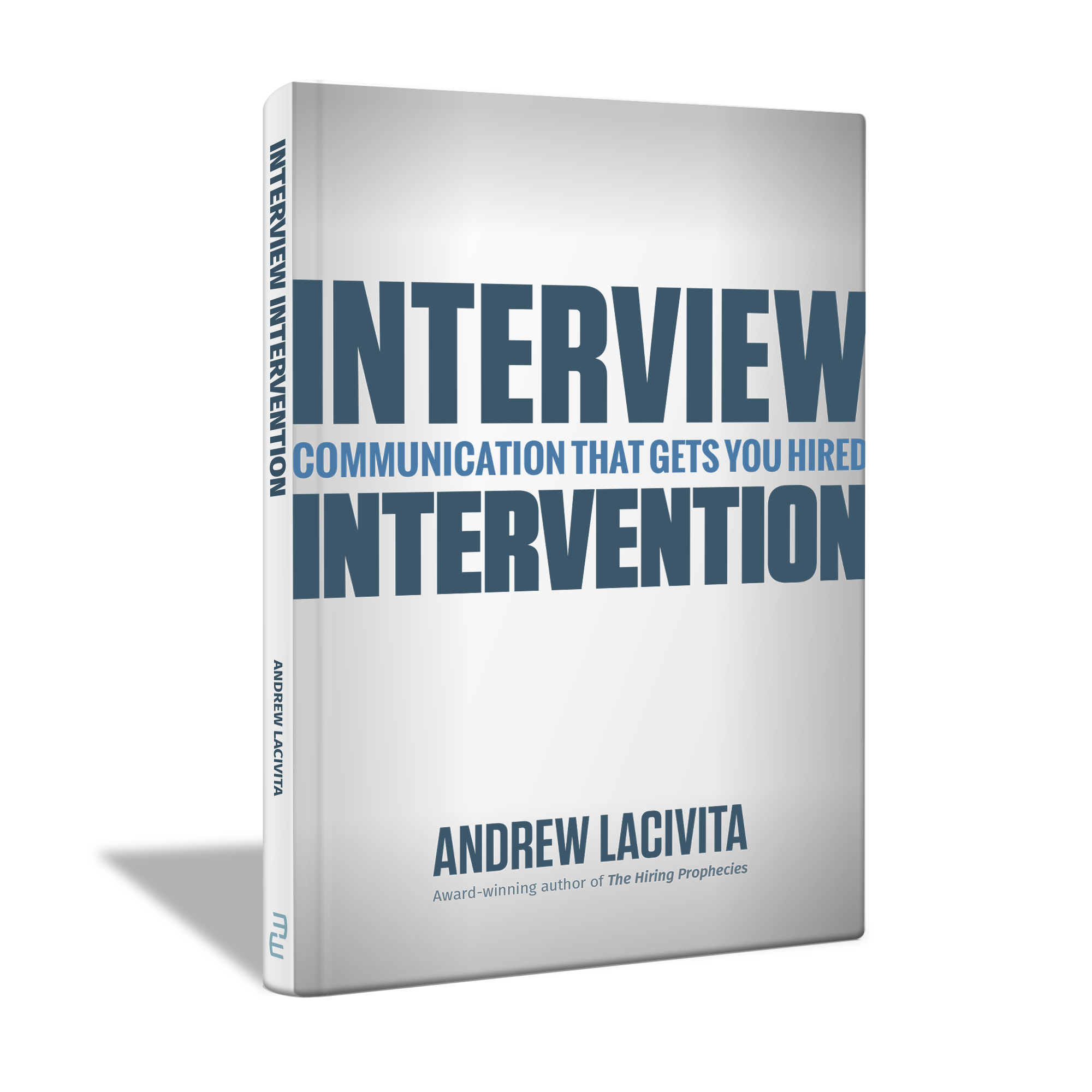
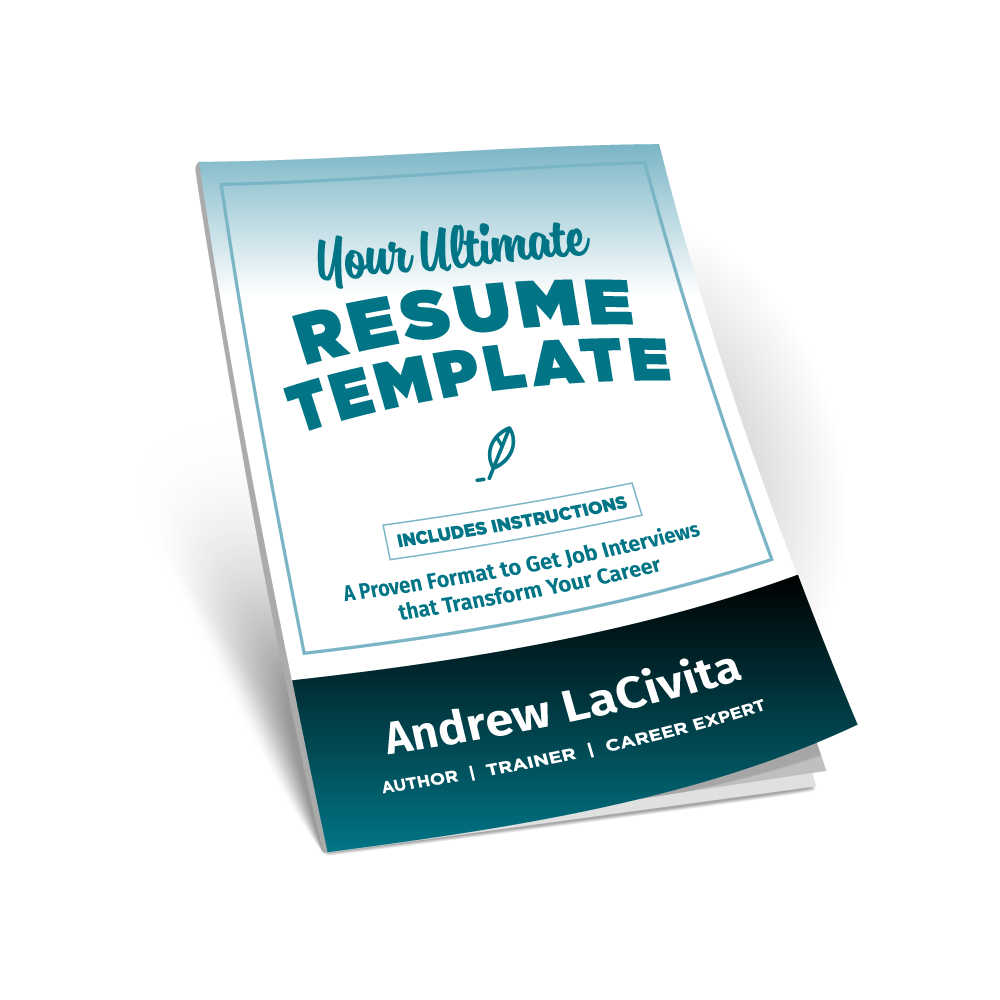
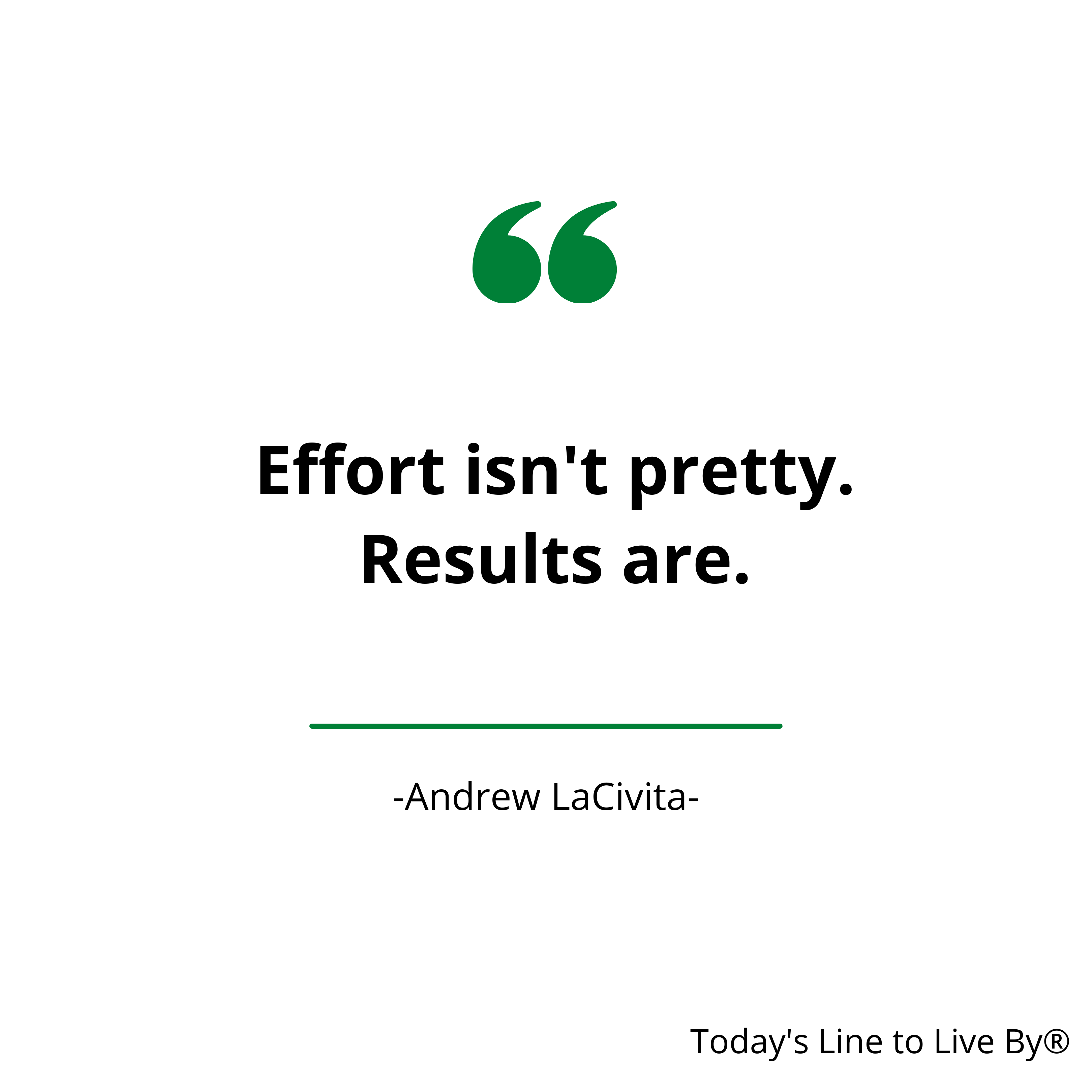
Leave A Comment